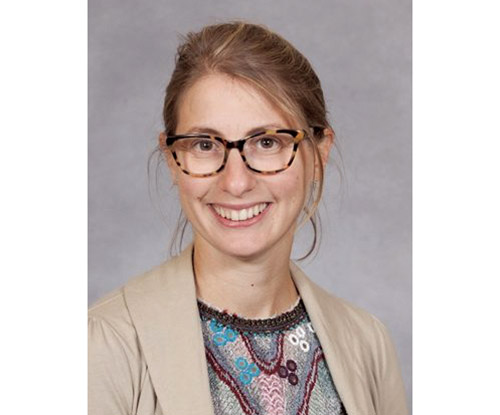
This past week at our seder, we carefully “poured out” 16 drops of wine from our full cups. At the recitation of the 10 plagues, and then for the different acronyms for these plagues, we poured wine from our goblet of redemption. Why? The seder is a microcosm of Judaism’s core values. With the Socratic nature of the Haggadah, the seder highlights the foundational role education plays in our religion. The seder includes an invitation to the needy, emphasizing the role of charity in our daily practice. Throughout the seder, we praise and thank God, recognizing the role God plays in our very survival. And part of our seder, part of our order, is to deplete from our overflowing cups. What core value is demonstrated in this action? Our sages teach us that despite our celebration of freedom from our oppressors, we mourn for our oppressors’ suffering. The seder is a reminder that human suffering, even that of our enemies, is our suffering. The seder is not the only time this concept plays out. In days two through seven of Pesach, we only recite a half hallel because we should not sing with joy while others drowned in sorrow. On Rosh Hashanah we listen to 100 blasts of the shofar to correspond to the number of times Sisera’s mother cried for her son to return. Sisera was a sworn enemy of the Jewish people, yet we recognize the pain of his mother as the pain of all mothers. These practices force us to remember, even on the day of our redemption, that our religion is founded on empathy.
Unfortunately, I do not see this message bleeding into the everyday lives of our Jewish community. For many reasons, many of which are beyond the purview of this article, our community has become more insular and self-focused. We have refused to recognize and internalize the pain and suffering of all humankind.
On the Sunday before Pesach, two Ma’ayanot students organized a March for Our Lives event in Teaneck, following the world-wide march that took place on the Shabbat before. In an effort to show solidarity with students who have been impacted by gun violence, these two students organized a march that observant Jews could take part in. While I was inspired by the work of these two young students, I was disheartened to see so few Orthodox Jews attend. Where is the empathy that is supposed to be the bedrock of our religion?
Our schools and our community are not doing enough. Our rabbis, teachers and leaders have stood on the pulpit to preach about faith in God. They have reiterated on numerous occasions the essential role Jewish education plays in our survival as a people, asking us to empty our pockets for the cause. We have heard them all tell us about the importance of mesorah and keeping true to the traditions of our forefathers, denouncing any who threaten that chain. But when is the last time you heard our community leaders tell us to cry for the pain of the non-Jew? When is the last time you heard our leaders tell us to see the humanity in our enemies?
Pesach has now drawn to a close, and we begin our countdown to Shavuot. The Talmud explains that during this time period, 24,000 of Rabbi Akiva’s students died. These were men of faith. These were men who were immersed in Torah study. But these men could not feel empathy for their fellow man. It is because they lacked this core Jewish value that they perished. Empathy for all humankind is not a liberal value; it is a Jewish value. And we should treat it as such.
By Meryl Feldblum
Meryl Feldblum has been a high school English teacher for over a decade. She is currently chair of the English department at The Frisch School and a doctoral candidate at Northeastern University.












